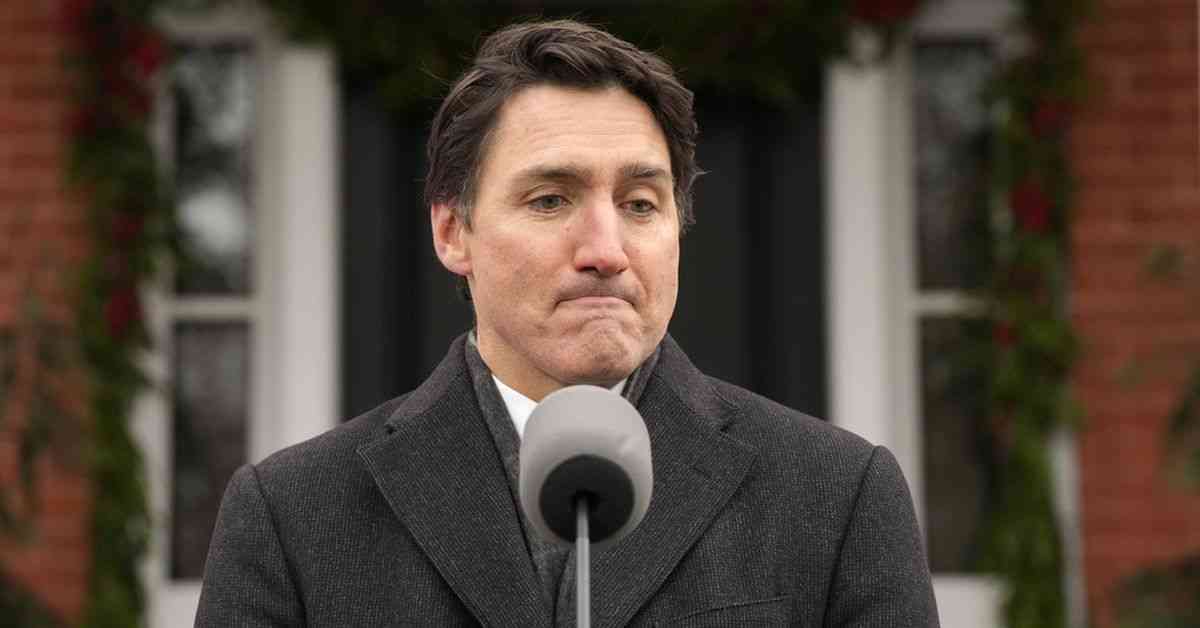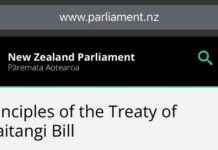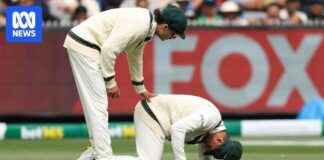Justin Trudeau’s Resignation Shakes Up Canadian Politics
Canadian Prime Minister Justin Trudeau has made a historic announcement today, stating that he will be stepping down as the leader of the Liberal Party. This decision comes amid mounting criticism of his leadership and the recent departure of his finance minister, which have cast a shadow over his government.
Trudeau revealed his resignation on Monday morning, citing internal battles that have made it clear to him that he cannot continue to lead the party into the next elections. Despite his usual resolve in the face of challenges, he acknowledged the importance of putting the interests of Canadians and the well-being of democracy above his personal ambitions.
The news of Trudeau’s resignation has sent shockwaves through the Canadian political landscape, with parliament set to be suspended until March 24 to allow for a leadership race within the Liberal Party. This move comes as all three main opposition parties have expressed their intent to bring down the Liberal government in a no-confidence vote, paving the way for a spring election to select a new prime minister.
Trudeau’s Rise and Fall
Trudeau’s tenure as prime minister began in 2015, marking a shift from a decade of Conservative Party rule. Initially praised for his progressive policies and efforts to uphold liberal values, the 53-year-old leader has faced growing discontent among voters in recent years. Issues such as soaring living costs, housing affordability, and immigration have eroded his popularity and led to internal strife within his party.
Opposition’s Reaction and International Implications
Opposition leader Pierre Poilievre welcomed Trudeau’s resignation, suggesting that Canadians are eager to turn the page on what he called a “dark chapter” in the country’s history. However, he also questioned the impact of a leadership change within the Liberal Party, highlighting the need for a fundamental shift in governance.
Internationally, Trudeau’s departure comes at a critical juncture, with the looming threat of escalating tensions with the United States. President-elect Donald Trump’s tariff threats have added pressure on the Canadian government to address issues of migration and trade, further complicating the political landscape for Trudeau’s successor.
Legacy and Challenges Ahead
As Trudeau prepares to pass the torch to a new leader, his legacy as a champion of progressive causes and a divisive figure in Canadian politics will be scrutinized. The upcoming leadership race will determine the future direction of the Liberal Party and the country as a whole, setting the stage for a pivotal moment in Canadian history.
Trudeau’s resignation marks the end of an era in Canadian politics, leaving behind a legacy of both accomplishments and controversies. As the nation grapples with the aftermath of his departure, the path forward remains uncertain, with challenges and opportunities awaiting the next leader who will step into his shoes.

















